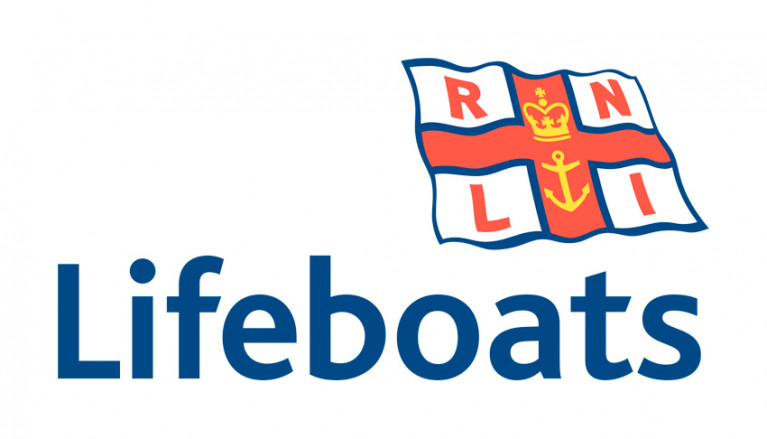Displaying items by tag: PR
RNLI Recruiting For Summer Media Placement At Ireland Base
The RNLI is offering a paid summer media engagement placement based at Swords in North Dublin.
This full-time temporary role (for between three and six months) interviews on the week of Monday 13 April and would be best suited to someone ether studying or recently graduated from a degree in PR, communications or media.
The successful candidate would be required to:
- Plan, prepare and issue multimedia news releases, using text, photos and videos, and conventional and social media channels;
- Respond to media enquiries to enhance and protect the reputation of the RNLI;
- Establish and maintain good media relations;
- Prioritise and select newsworthy incidents to publicise;
- Support and brief RNLI staff and volunteers in media activity;
- Edit and upload content to the RNLI News Centre;
- Build professional working relationships with a variety of RNLI people;
- Maintain an awareness of the current news agenda and monitor coverage of the RNLI in the south west;
- Assist the Regional or National Press Office with handling major incidents and issues; and
- Support the media activity of media engagement team members and operations personnel remotely or, if required, on location.
Some travel may be required and you may be required to work out of normal office hours on occasion.
The role is for someone who would would enjoy working in a busy communications team with a varied workload, who is self-motivated, enjoys working with people, has excellent spoken and written communication skills, is a good all-round communicator, and who has a high level of computer proficiency and is able to remain calm under pressure.
If you have a passion for PR and working with incredible lifeboat volunteers, the RNLI would love to hear from you.
The closing date or applications is Wednesday 25 March. Full details of the position, including employee benefits and how to apply, can be found on the RNLI website HERE.





























































